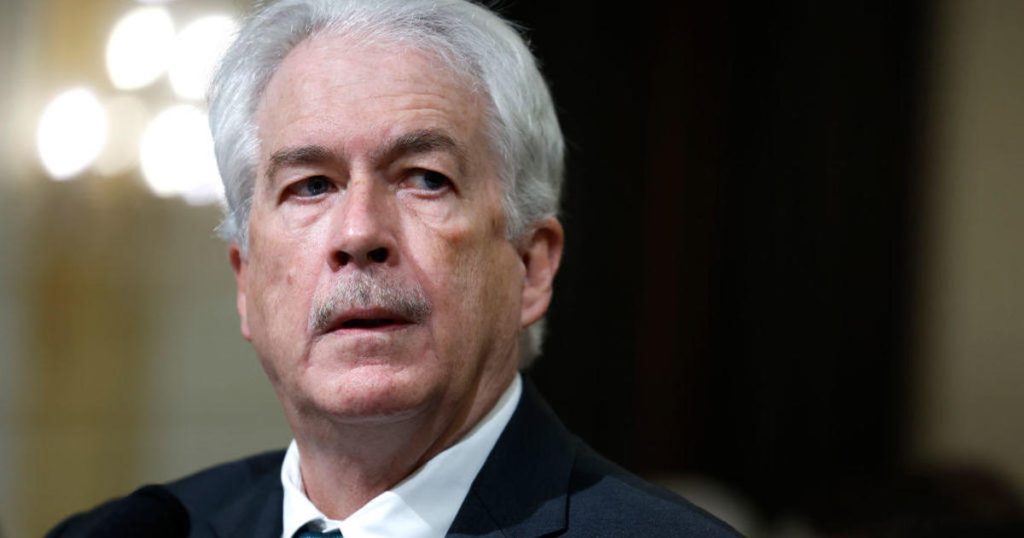CIA Director William Burns expressed concern over the potential setbacks Ukraine could face in its war with Russia without additional military assistance from the U.S. He emphasized the importance of this aid in enabling Ukrainian forces to continue their offensive efforts in Crimea and against the Black Sea fleet. Burns highlighted the role that U.S. support could play in boosting Ukrainian morale and practical capabilities, countering Russian President Putin’s belief that time is on his side. Despite calls for additional aid in Congress, progress has been slow, with House Speaker Mike Johnson introducing bills to provide assistance to Ukraine, Israel, and Taiwan.
Burns also addressed national security issues in the Middle East and China, noting the volatility of the region and the implications of conflicts such as the recent Israeli missile strike on Iran. He emphasized the need for de-escalation in the face of escalating tensions and highlighted American efforts to secure a cease-fire and secure the release of hostages in the Israel-Hamas conflict. Burns acknowledged the challenges of negotiating a deal with Hamas but remained committed to pursuing a peaceful resolution. He also discussed the broader competition between the U.S. and China across various domains, including technology and cybersecurity, and warned of the growing partnership between China and Russia as a significant challenge.
On the issue of technological advancements and intelligence operations, Burns addressed the responsibilities of intelligence agencies to provide warnings in cases where civilian lives are at risk. He highlighted the importance of strategic declassification of intelligence and emphasized the growing challenge of transnational repression from autocratic nations targeting activists abroad. Burns cited examples of providing intelligence warnings to foreign services, such as in the case of a terrorist attack in Moscow, and underscored the need for international cooperation in addressing security threats.
In his remarks, Burns also discussed the broader implications of the war in Ukraine on global geopolitics, particularly in the Indo-Pacific region. He pointed to the impact of Western solidarity against Russian aggression on Chinese President Xi Jinping’s calculations regarding Taiwan and emphasized the risks posed by China’s ambition to control Taiwan. Burns highlighted the need for the U.S. to take seriously the challenges posed by China and Russia’s deepening partnership and the importance of addressing transnational threats from autocratic regimes. Overall, Burns emphasized the need for continued U.S. engagement and support to address these complex security challenges.


